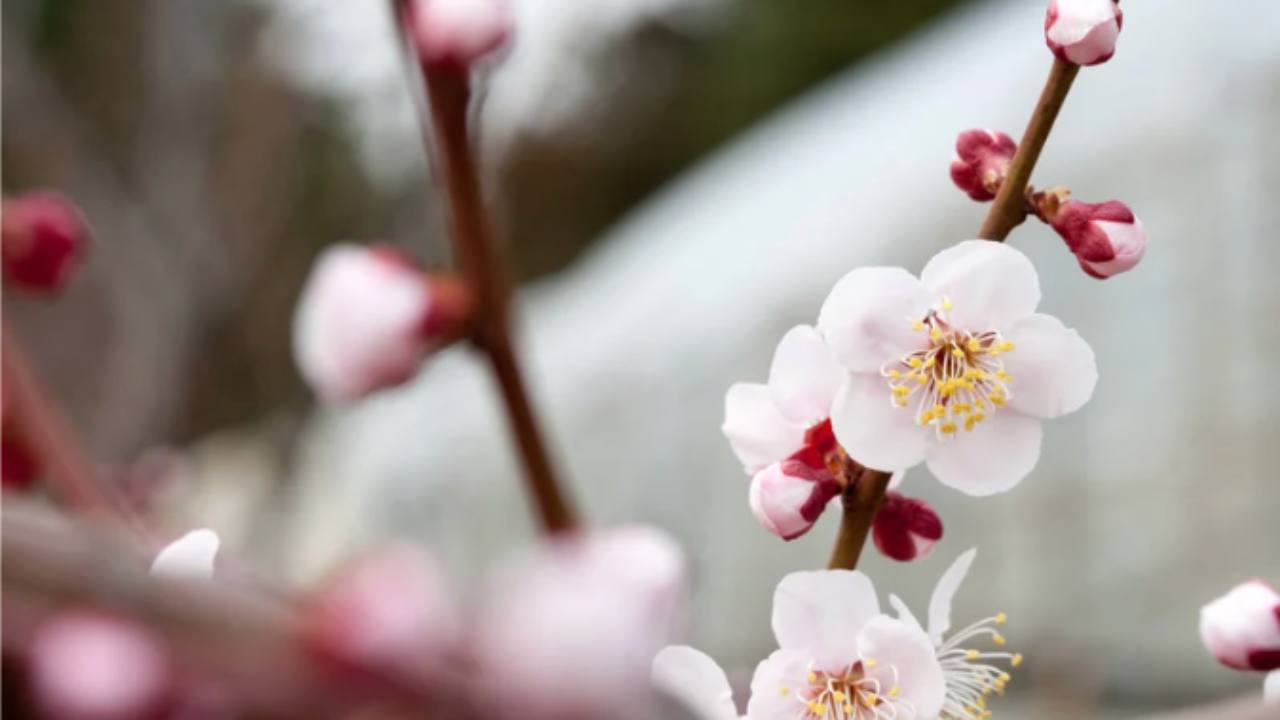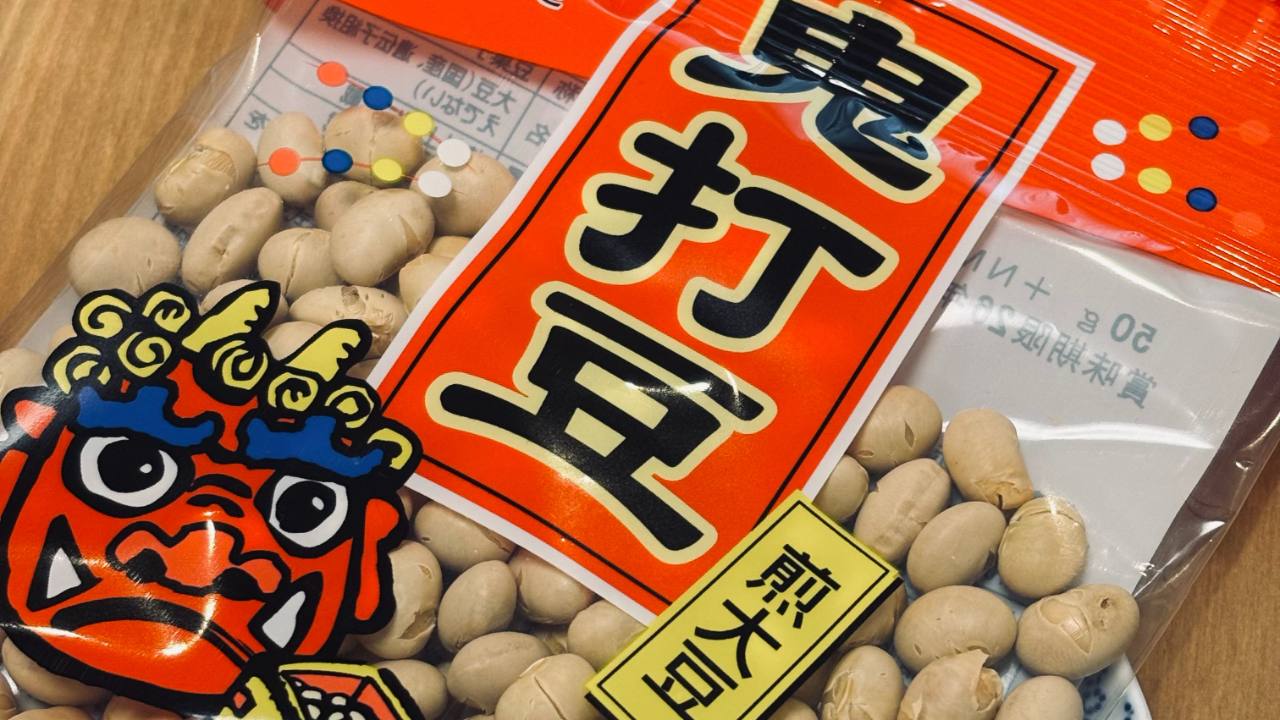「水無月(みなづき)」Minazuki – The “Month Without Water”?
こんにちは、いろはです。
6月の和風月名は「水無月(みなづき)」と言います。
Hello, this is Iroha.
The traditional Japanese name for June is Minazuki (水無月).
でも、少し不思議ですよね。6月といえば、雨がたくさん降る「梅雨」の季節。「水無月」とは「水の無い月」という意味になってしまいます。いちばん雨が多いこの時期に、「水が無い」とは、どういうことなのでしょうか?
But here’s something curious: the characters mean “month without water”—which seems strange, since June is part of the rainy season in Japan! So, why is the name “month without water” used during one of the wettest months?
実はこの「無(な)」は、「無い」という意味ではなく、「の」に近い助詞だとする説が有力です。つまり「水の月」、水の多い月、という意味になるのです。
One theory suggests that the “無” (na) in Minazuki doesn’t mean “without,” but instead works like a possessive particle—similar to “no” in Japanese. In this interpretation, “Minazuki” means “the month of water”, not “without water.”
水無月は、田植えが終わり、水が田に必要とされる時期。だからこそ「水の月」という意味で、この名がついたと考えられています。
This makes sense because in the traditional agricultural calendar, this is the time after rice planting when water is crucial for the growing rice fields.
さらに、6月には「風待ち月(かぜまちづき)」という美しい別名もあります。蒸し暑さが増すこの季節、涼やかな風が吹くのを心待ちにする――そんな想いが込められた名前です。
There’s also another poetic name for June: Kazemachizuki, meaning “the month of waiting for the wind.” In the growing summer heat, it reflects the longing for a cool, refreshing breeze that signals a change in the season.
和風月名には、日本の暮らしと自然の関係が色濃く残っています。「水無月」、この響きの奥にある、日本人の自然へのまなざしを感じてみてください。
Traditional month names in Japan preserve the deep relationship between nature and daily life. Minazuki is more than just a word—it reflects the quiet attention and sensitivity with which Japanese people have long observed the natural world.
いろは
Iroha





